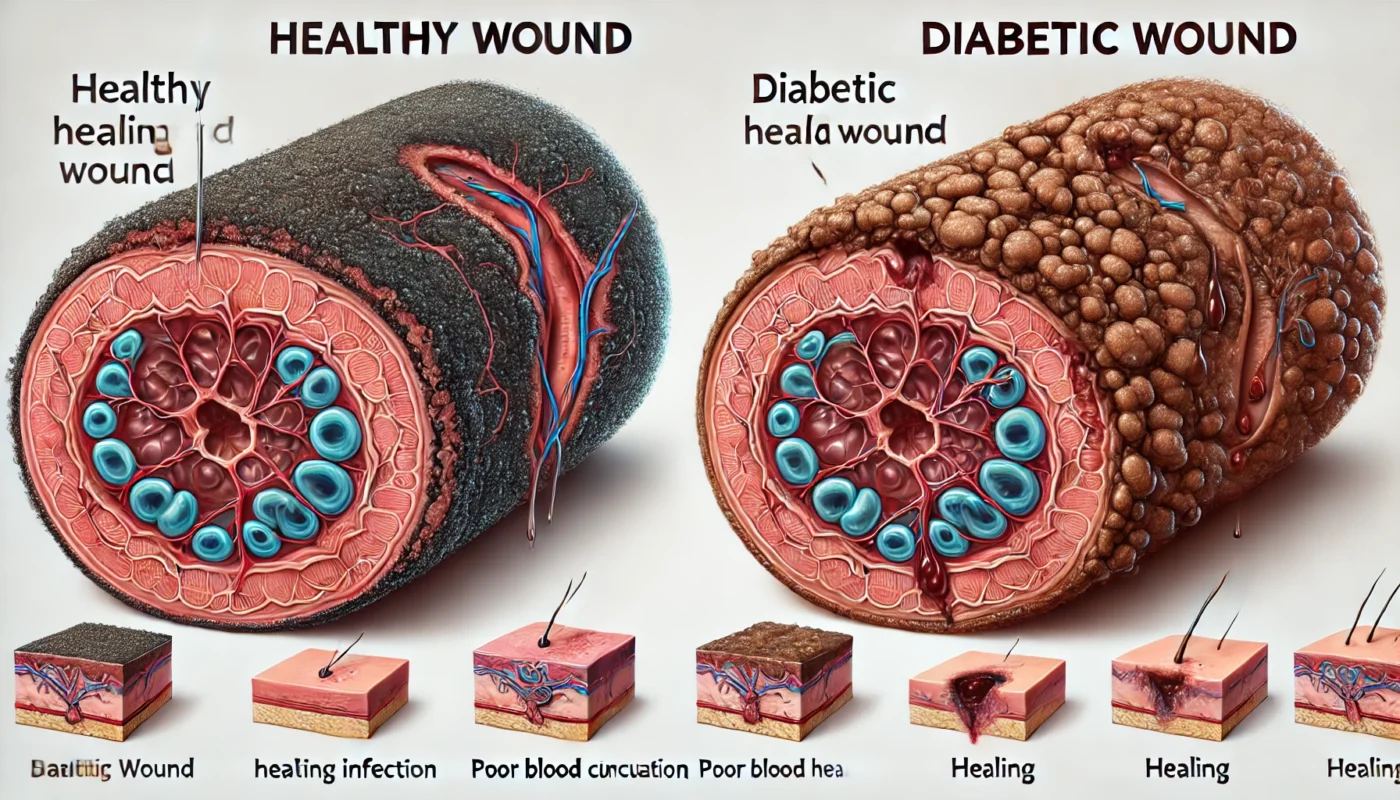In the quest for optimal health, many individuals are exploring beyond conventional medicine. They’re seeking out alternative medicine practitioners. But what does this mean?
Alternative medicine encompasses a wide range of therapies. These are not typically part of standard medical care. They include practices like acupuncture, herbal medicine, and homeopathy.
Holistic medicine is a subset of alternative medicine. It emphasizes the whole person, not just the disease. It considers physical, emotional, mental, and spiritual aspects of health.
A comprehensive holistic health approach integrates various healing modalities to promote overall well-being. Understanding the benefits of holistic health care can help individuals adopt a more balanced lifestyle.
Locating integrative medicine practitioners can ensure you find the right fit for your health needs. Various methods exist to streamline your search and verify practitioners’ credibility.
Credentials and certifications are crucial. They indicate the practitioner’s training and expertise. But they’re not the only things to consider.
Reputation and reviews also matter. They provide insights into the practitioner’s practice. They can reveal the practitioner’s strengths and weaknesses.
Personal referrals can be invaluable. They come from people who have firsthand experience with the practitioner. They can provide a more personal perspective.










